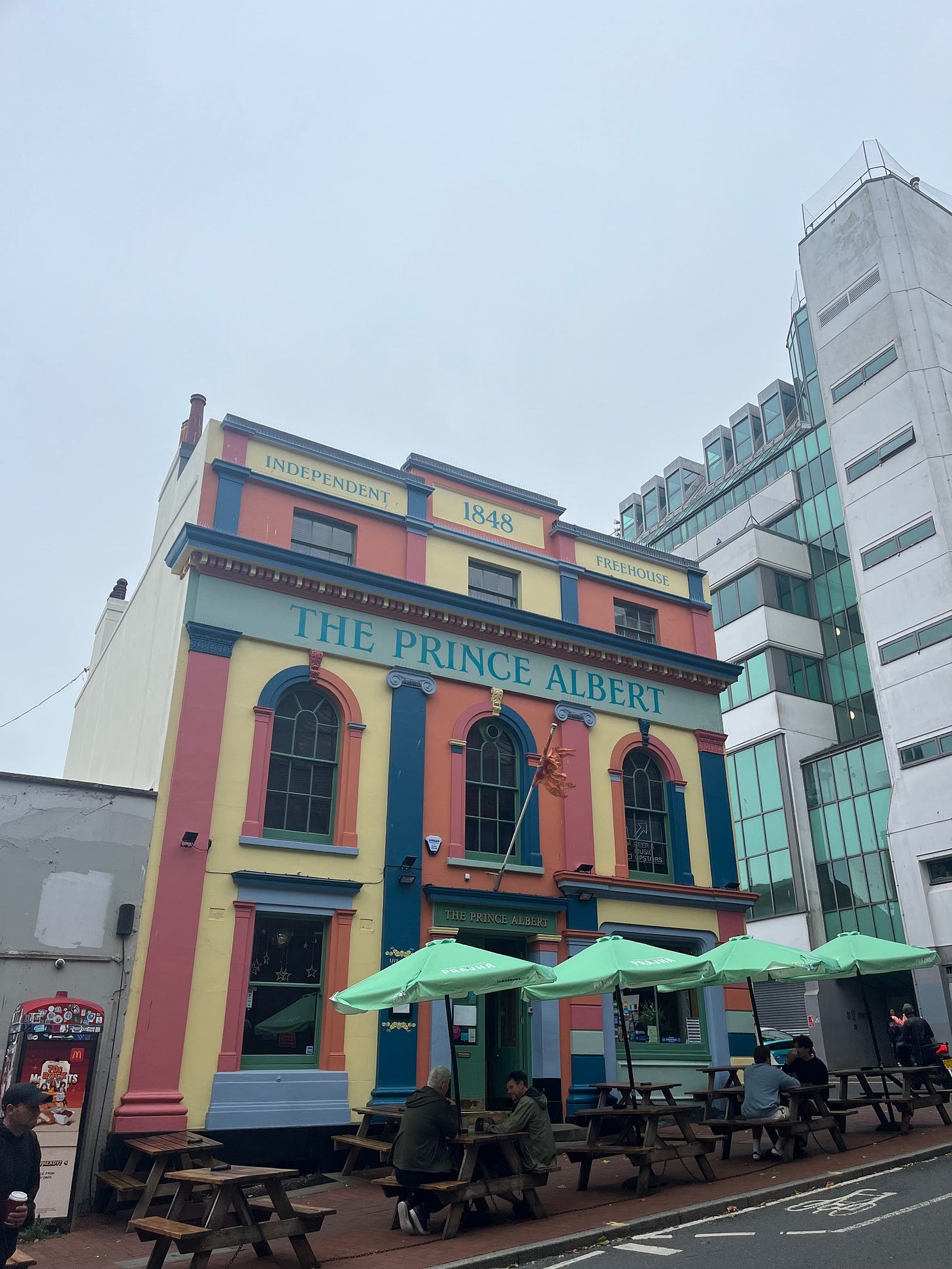From Brighton to Leicester: Where do people go for a good night out these days?
With venue closures soaring and purse strings tightening, UK nightlife is in crisis. Fred Garratt-Stanley samples two nightlife cities to see if the 'big night out' still exists.
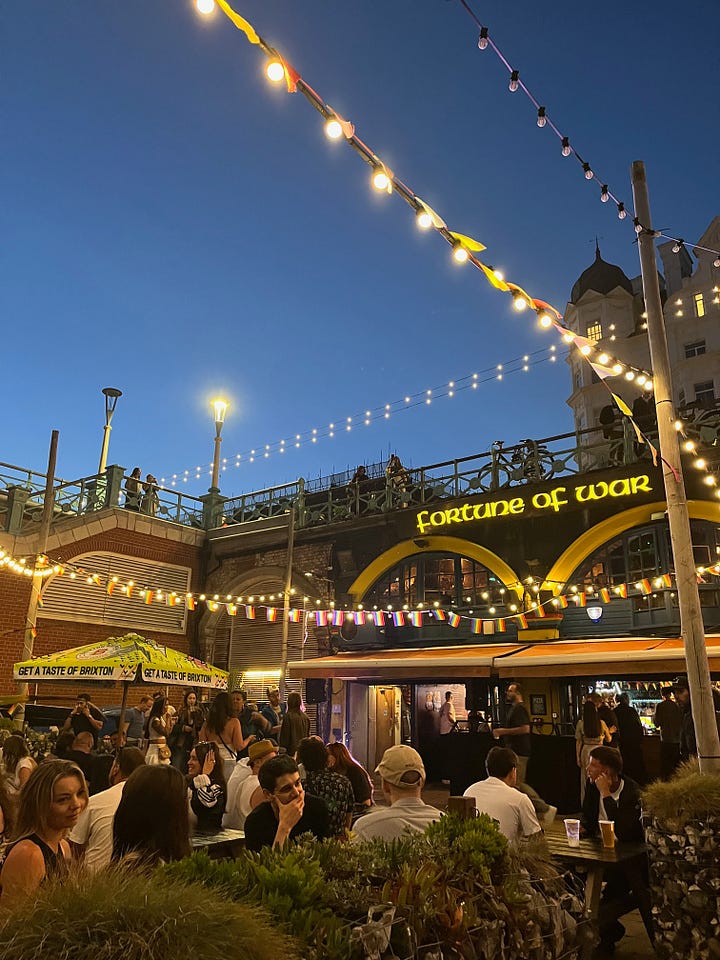
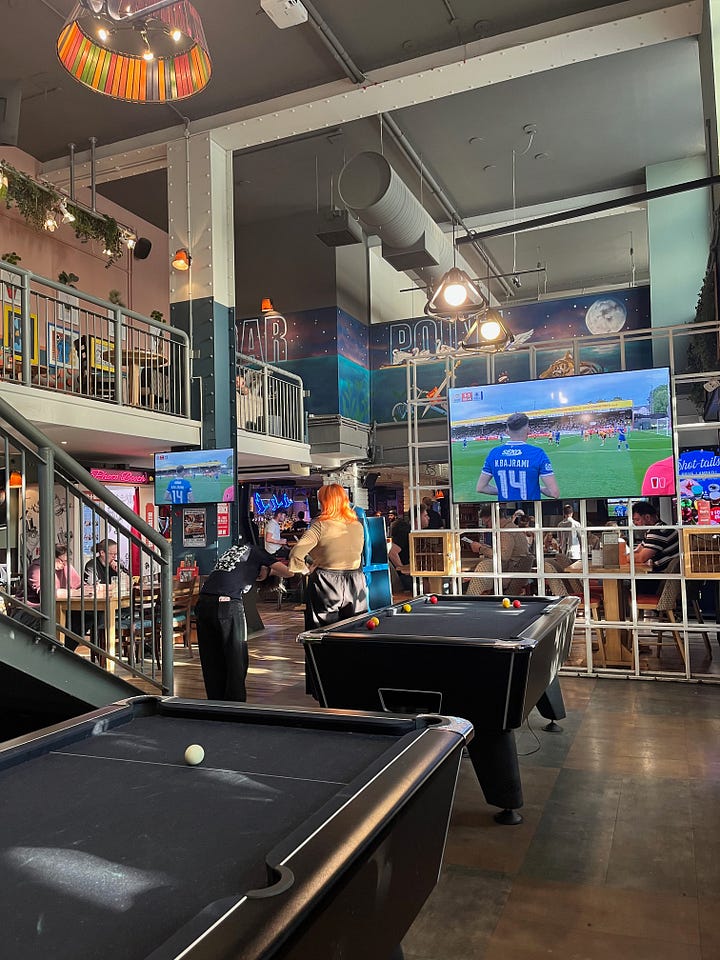
Spirits are high at the Fortune of War. Pride flag bunting and glowing bulbs streak across the night sky while Saturday night revellers are pulled to the dance floor by salsa grooves mixed with funky house and the occasional soul record. The rhythms are infectious, and tonight’s Afro Latin Express is just one of countless free events held at this iconic seafront venue throughout the summer.
“I’ve lived in Brighton for three years,” says Raúl, from Peru, taking a brief break from dancing. “I love to dance to Afro-Latin music… it makes me remember my country.” As he speaks, the music booms towards the pebbled beach beyond, where huge groups gather with tinnies and hatch plans for later.
“I firmly believe Fortune of War is the best Btown nightlife experience you can have,” says Solomon Pace-McGarrick, a music journalist who lived in Brighton for years and still regularly visits. “Crusty (white dreadlock) reggae soundsystems and bucket hat live hip-hop right on the seafront… they sell takeaway cups and put the decks outside in the summer so you can just hop out onto the beach whenever you like.”
It’s an image that reflects the free-spirited, independent feel of much of the south coast city's nighttime scene. Sure, if you want stags, hens, and generic chain clubs pumping noughties pop, you’re well catered for: West Street hosts PRZYM, Popworld, Walkabout, Revolution, and a hulking great Wetherspoons all within stumbling distance of each other (in fact, the Channel 4 series Night Coppers is effectively dedicated to documenting the adventures of clubbers on this strip). But Brighton's beauty is in its smaller events, its thriving LGBTQ+ scene, its wide array of live music and events at spaces like the Fortune of War, the Tempest, Concorde 2, Volks, and Green Door Store, and its excellent selection of local pubs like The Evening Star, the Basketmakers Arms, the Prince Albert and the Hole in the Wall.
A recent report by Capital on Tap backed up Brighton’s credentials by ranking it the UK’s best city for nightlife, pointing to its “diverse crowd” and “buzzing seaside location” as major draws. Their research found Brighton had 1.4 clubs per 10,000 people, and 13.7 pubs/bars per 10,000 (next highest was York with 7.2, then Newcastle with 6.5). This number-crunching was supplemented by analysis of Google Business ratings, search volume for nightlife, and venue closures. It’s not an exhaustive methodology, but it roughly indicates where the city’s at.
“Brighton nightlife is diverse,” says Tina Haynes, who turned seafront venue Concorde 2 into an iconic live music space, and whose son George Taylor recently took on acclaimed pub and gig venue the Prince Albert. “You have those main street pubs and clubs, but you also have lots of quirky, individual, family-owned pubs and venues, and that makes it really unique.”
“Going for a day out by the sea is quintessentially British, and that extends to going out and clubbing,” adds George. “London’s only an hour on the train, so people come down for a night out. The 18-year-olds love coming to Brighton for the clubs, the old boys love to come for the day and go to a few pubs – there’s something for everyone, all the way from 18 to 80.”
Ellise, a young London-based professional standing outside a kebab shop on Queens Road (it's the end of her night), tells me, “I was here last weekend and this weekend. Today we did a pub crawl for my friend’s birthday, starting at the Albert, going through The Lanes [Brighton's collection of historic narrow streets] and ending up down by the beach where they’ve got the shacks with the live music. It’s fun here… you can walk between places, meet different people, and everyone’s friendly.”
Nationwide problems
Of course, Brighton is not immune to the strains and pressures facing nightlife in communities across the UK. COVID hit clubs, pubs, and bars like a ton of bricks, and demand for nights out has never returned to pre-pandemic levels. A generation of young people lost out on formative experiences of going out, and habits changed; numerous studies have found that Gen Z drinks less, while social media has undeniably made people more insular and willing to spend time indoors.
Crucially, the cost-of-living crisis has squeezed people who already had extremely limited spending power. While millennials could have a great night out for less than £20, today, when you factor in event tickets, drinks, and travel both ways (not to mention the inevitable 4AM fast food), a night out easily costs £100.
In Leicester, people are undoubtedly feeling that strain. According to Capital on Tap, the East Midlands city has experienced the biggest decline in nightlife in recent years, “offering just 0.7 clubs per 10,000 people and 2 pubs and bars per 10,000”.
CoT's report adds that there has been “a 12.49 per cent decline in nightlife venues between 2022 and 2024,” while it's been suggested that up to 65 per cent of its pubs and clubs could be lost by 2030. Other research has painted a slightly different picture (for example, Monzo’s 2023 ‘Year In Monzo’ report found that Leicester-based users spent more on nights out than anywhere else). However, speaking to people in the city, CoT’s gloomy outlook feels justified.
“I was going out in Leicester from around 2000 to 2010 and it was absolutely booming,” says John Ghent, an estate agent in the city. “You go down the same end of town now, and it’s pretty much just Deliveroo drivers and riders. Cost has a huge impact for both customers and venues: rent and energy has gone up, and the cost of drinks is scandalous… a round for 10 people is £50-70. I don't think the appetite is there to sustain that.”
I visit Leicester on Caribbean Carnival weekend, when the city centre is brought to life by huge groups of lively dancers and streams of floats stacked with sound systems and steel pan bands. It's a vibrant afternoon party celebrating the city’s diversity, and later on, 2Funky Music Cafe (a venue founded in 2015 by local DJ and entrepreneur Vijay Mistry) hosts the official afterparty with UK sound system legend Aba-Shanti-I headlining.
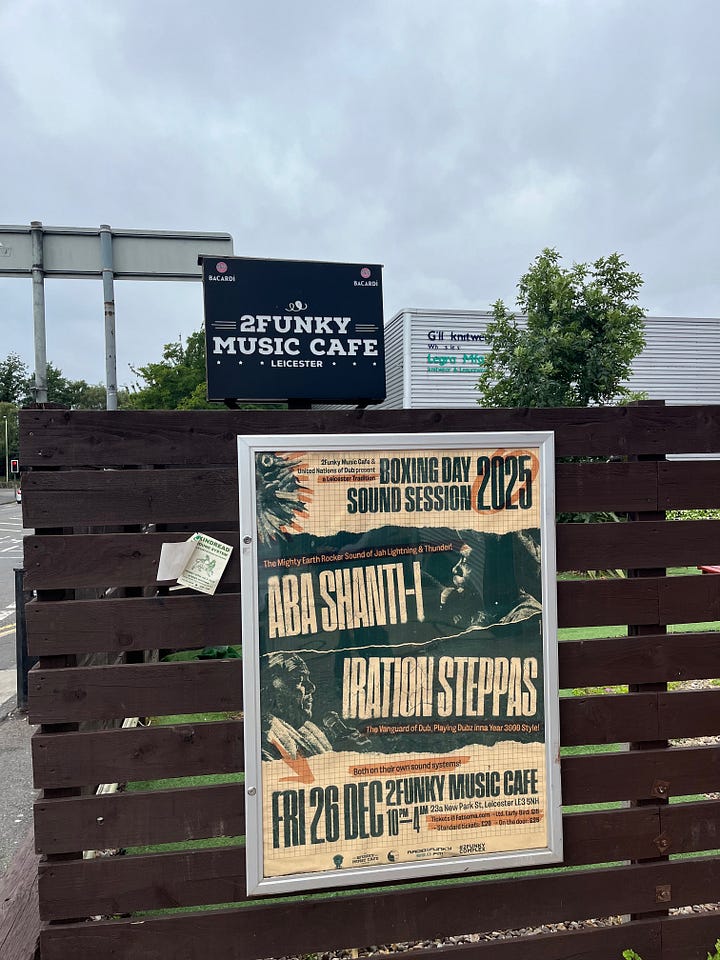
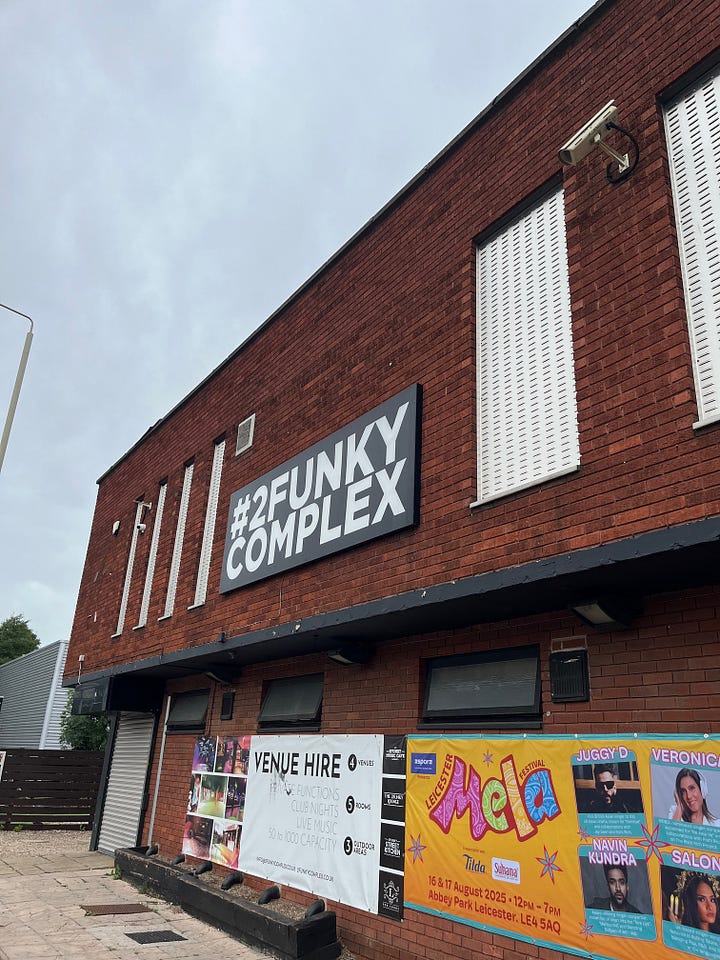
But even Carnival attendees aren’t sure whether to stay out. “It's 50/50 whether we go,” says Prince, who I meet on the stroke of midnight. “£20 [for entry] is a lot of money, and people are struggling, they can't pay that. When you get a big artist or DJ, it's expensive.”
Students – typically a boon for any decent-sized city's nightlife – also have their options restricted by cost. Hiba, a young woman who moved to Leicester two years ago, tells me, “At the weekends, I work at East Midlands Airport, and I get off on weekdays, but when I go out there’s literally nobody on the streets. There are people who work throughout the weekend and get off on the weekdays but have no options to go out.
“Can I be really honest?” she asks. “Leicester is one of the most dead cities I’ve lived in. I was born in the UAE, Abu Dhabi, and it was so much fun over there. I did my bachelor’s in Kerala, and it was really fun there, but here it’s really dead. After 6PM, almost everything is closed.”




